Advertising alcohol is a painful and controversial topic. Now in our country there are laws that regulate this area, and their observance is carefully monitored by the Cerberus from the authorities - the FAS, the antimonopoly service. Nevertheless, conflict situations regularly occur. It is not surprising, because the sale of alcohol is one of the most promising types of business, and entrepreneurs are willing to take the risk of literally walking along the blade of a knife to attract the attention of buyers and increase the revenue of outlets. Only those who know all the features of advertising alcohol products, as well as applicable laws, can do this safely for themselves.
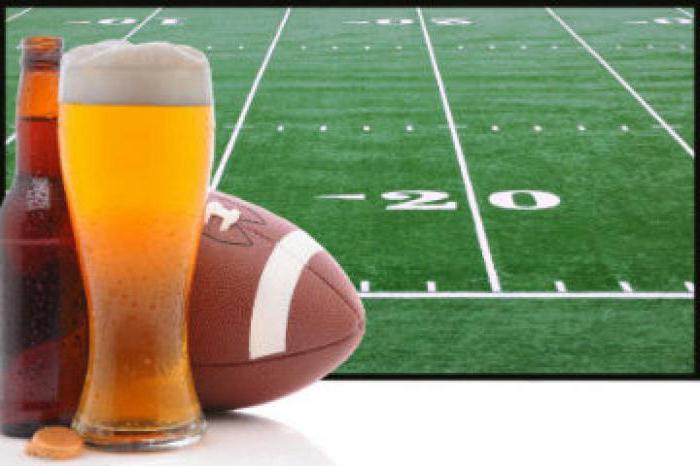
What to look for?
There are many rules, and all of them must be observed. For example, the Federal Law on the advertising of alcoholic beverages says that it is unacceptable to launch an advertising campaign that claims that alcohol is important for a person and can be an instrument for achieving success in society, sports, and careers. You can not in any way give the idea that through alcoholic drinks a person can realize himself, improve his physical fitness or cope with emotional problems.
When placing advertisements for alcoholic beverages, it must be remembered that each advertising medium must contain a notice of possible harm if a person uses the products excessively. This warning should occupy 10% or more of the advertising space.
Rules and restrictions
Advertising of alcohol and tobacco products must not contain the statement that this drink is healthy, harmless or suitable to satisfy thirst.
The law prohibits the placement of advertising media promoting alcohol products near cultural or sports facilities. Any advertising media should be located from such places a hundred meters or more. Advertising alcohol products should not be placed on objects: medical, resorts, in sanatoriums. Advertising of alcohol in circuses, theaters, museum premises, places where concerts and exhibitions, lectures are also not allowed. The restriction is similar - 100 m. Is it allowed to advertise alcohol products in libraries? The rule is similar - no closer than a hundred meters. Protected by law from such advertising media planetariums and houses of culture.
To whom and how
FAS regulations on the advertising of alcoholic beverages contain a prohibition of appeals to minors. It is also unacceptable in the advertising campaign to use the images of those under the age of 18. For this reason, you can’t place media in institutions designed for children - educational, educational. It is not permissible for carriers to be located less than one hundred meters from the facility. The rule also applies to advertising campaigns for beer drinks.
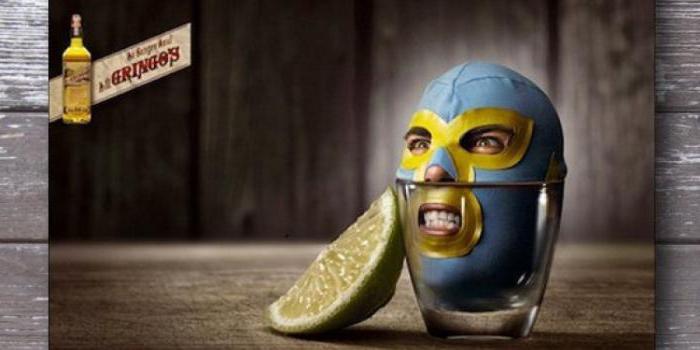
The ban on advertising alcohol products includes the inadmissibility of distributing samplers, samples of drinks anywhere. This is only possible in designated areas that legally sell alcohol to retailers. At the same time, all requirements specified in applicable Russian laws must be observed. You can’t use the labor of minors in the distribution of product samples, you can’t offer products to those under 18 years of age.
Age and features
Current legislation prohibits the advertising of alcohol products involving those under the age of 18.
Also, the rules prohibit the placement of advertising media on the front, last newspaper pages, corresponding magazine pages. This norm was not introduced by chance: in this way it is possible to shift the emphasis, otherwise readers of periodicals would first of all pay attention to alcoholic products. And among the public, as you know, there are minors. For a similar reason, you can’t place an advertisement for alcoholic beverages (glass, bottle) in television and radio programs.
But Internet resources in the laws are not specifically allocated in any way. Lawyers believe that the websites are subject to the norms of the second and 24th articles of the Federal Law on Media, that is, you can’t sell alcohol through the Internet.
It is possible and it is impossible
Advertising of alcoholic beverages on advertising media located outside on walls, roofs is not allowed. You can’t place ads on objects, structural parts. That is, any outdoor advertising is prohibited.
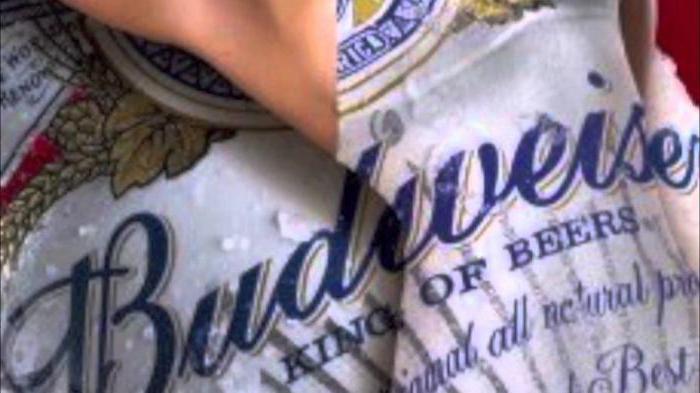
In practice, the problem of advertising alcohol products is well illustrated by the sensational case with the Chelyabinsk network of alcohol stores "MAVT". Entrepreneurs placed advertising media on the structural elements of the buildings in which their stores were located. The billboards said that drinks are waiting for customers in the store literally from around the world, and even with discounts for certain groups of the population. The advertisements also included grapes, bottles, glasses and alerts that stores opened. In all media it was possible to perceive a violation of applicable law, which led to a fine of the company by 50 thousand rubles.
And the showcase?
Many businessmen selling alcoholic beverages would like to advertise alcoholic beverages on the windows of their outlets. By law, this is unacceptable. At the same time, the current legal norms unequivocally indicate that the presence in the window of the product itself with a price tag on it is not advertising, that is, the law allows.
Bans and Permissions
The current provisions governing the prohibition of the placement of advertising media that recommend choosing alcoholic beverages do not apply to advertising that is outside the advertising structure. So, you can safely use flyers. However, the distribution is still carried out taking into account all applicable legislation, including a restriction of one hundred meters.
Advertising media must not be placed on vehicles. Public transport is considered everything that moves in space, carries passengers and is guided by the rules of the public contract of accession. Do not distribute alcohol advertising on board public transport. But if there is some room that relates to transport infrastructure, then it is possible to distribute advertising of alcoholic products in it if it is not placed on structural elements.
Personal transport
It’s not obvious to everyone: what about personal transport? It cannot be called public, which means that the rule described above does not apply to such media. Does this mean that you can advertise alcoholic beverages in personal cars?
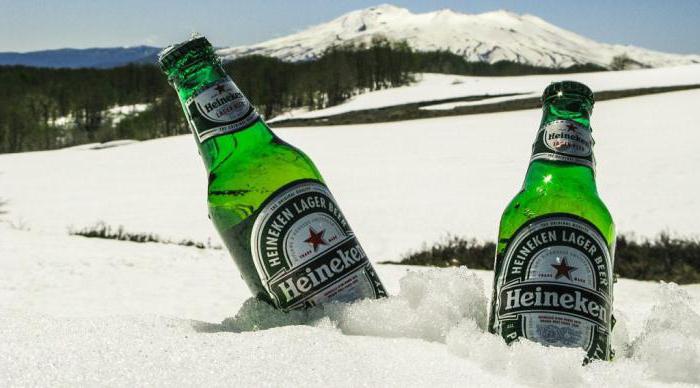
Everything is more complicated than it seems. Here we have to remember that advertising cannot be located closer than a hundred meters to a number of educational, cultural, sports, and other socially significant objects. Well, car owners are unlikely to comply with such a restriction in their lives, because they would have to abandon all roads passing near such organizations. Well, since this cannot be prevented, it is therefore impossible to advertise on such a mobile and convenient medium.
All for all
If the promotion involves the distribution of probes, samples, then as a location you can choose only those organizations that are legally, officially engaged in the sale of alcoholic beverages at retail.At the same time, it is important that all carriers contain a warning about the dangers of drinking excessive amounts of alcohol.
By the way, about a decade ago, one of the Russian print media placed an advertising module with information about alcohol products, without supplementing it with a hazard warning. This article was originally published as a text and not an advertising one, but the supervisory authority regarded it as an advertisement, having found its inherent signs, which led to a fine of 50 thousand rubles.
Advertising: everything is obvious
In order to prevent the presence of covert advertising of positions whose promotion is limited, the fourth part of the second article was specifically entered into federal law. It is devoted to restrictions, the requirements of the legislation regarding individualized commodity items.
Alcohol and activities
A rather specific situation is the participation of sellers, manufacturers of alcoholic beverages in various events. You can’t imagine a buffet, banquet, accompanying any event, without alcohol-containing dessert drinks. In order for everything to go on in a civilized manner, the rules and laws governing this area were introduced.
Legislation updates were introduced for the first time in 2013. These rules have pretty much limited the capabilities of advertising campaign managers.
Theoretical basis
Incidentally, a lot has already been said about the rules for the circulation of alcoholic beverages, and no clear definition of which drinks to classify with it has been said. If we focus on the definitions given in the law, then this category should include food products, the concentration of ethyl alcohol in which is at least half a percent of the total volume of the finished drink.
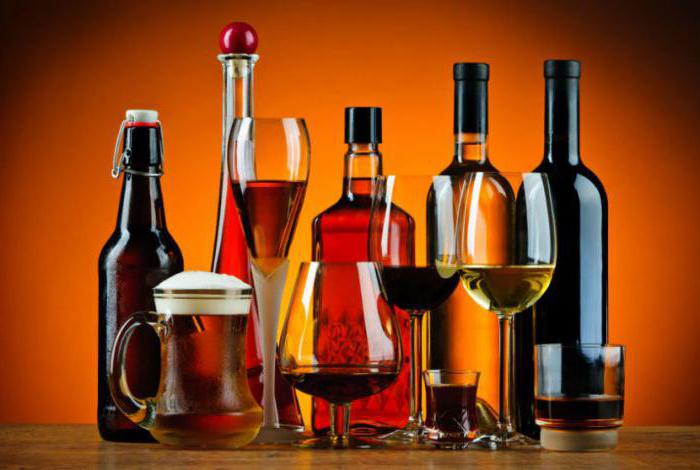
As an exception to the rule - confectionery, dairy, sweets (ice cream, sorbet), as well as drinks made on honey, yeast, spicy aromatic base. For the latter, a restriction of 1.2% applies - that is, when this concentration is exceeded, the drink is considered alcoholic.
What are alcohol drinks?
All alcohol products in the domestic market are divided into categories:
- alcoholic drinks;
- wine
- wine drinks;
- beer;
- Beer-based drinks.
Wines, in turn, are sparkling, fruity, and liquor.
Location Features
It follows from the law that when the concentration of ethyl alcohol in a drink is 5% or more, it can only be advertised at a permanent outlet. These include points where they sell alcoholic beverages in accordance with applicable law. To be able to engage in such activities, you must first obtain a license. If an entrepreneur has opened a permanent outlet and received an appropriate license, then he has the right to organize promotions, including handing out samples, samplers of goods. True, as already mentioned above, it is necessary to warn all customers that products can harm their health if consumed excessively.
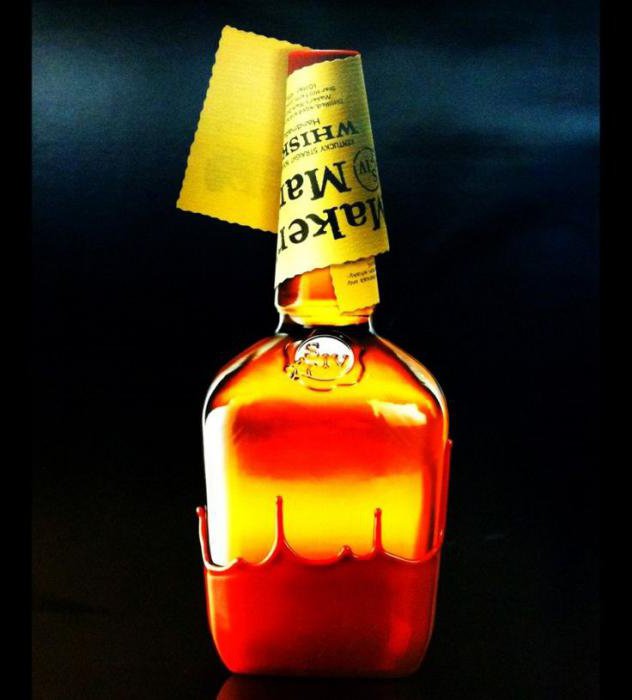
Alcohol companies do not have the right to sponsor projects, events. This significantly limits the possibility of attracting event organizers to advertising campaigns, but does not overlap all possible paths.
Without arguing with the law
You can hold an event in such a room, which is a constant object of sale of goods - for example, a bar or restaurant - making sure that the owner has a license to sell alcoholic beverages. At the same time, the organizer should remember about the features of the advertising campaign: it is necessary to present the products so that this could not be called advertising. True, any event requires the presence of newsletters, where the participants mark, including those working with alcohol.This must be done carefully, because when checking by officials, the recognition of information by advertising will be a reason for a considerable fine.
If the event is organized outside of Russia, then Russian federal laws do not apply to it. You will have to organize the event and enter your participation, taking into account the requirements of local laws. The most logical way is to become a sponsor of the event, observing the restrictions imposed by laws.
On examples
A rather interesting experience was gained during the Martini Art Clubc event, when the organizer used the graphic features of the brand. As part of the event, exhibitions were held, competitions were organized, and printed products were released. As time has shown, the project was quite successful.
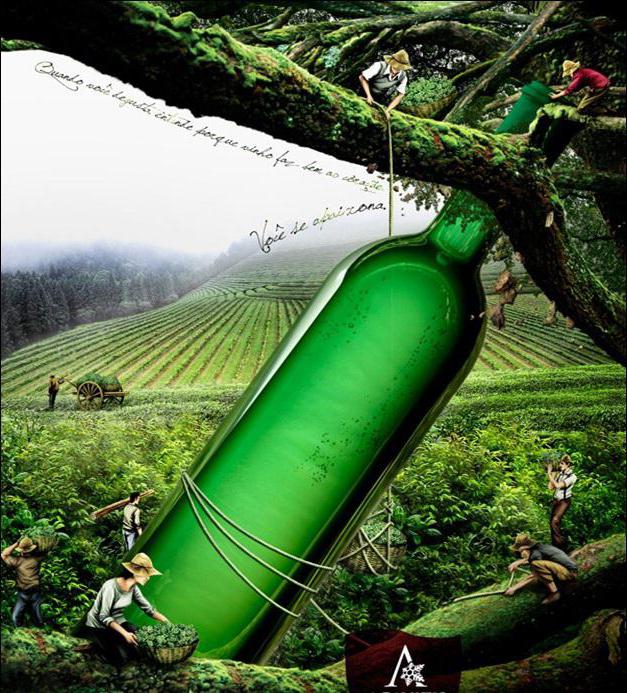
It is important!
Event organizers wishing to promote alcohol products must consider a number of important points. If earlier it was possible to promote products through television, where minute videos with bottles were regularly shown, including in films and TV shows, now this lucrative path is blocked. You must be inventive, think outside the box in order to succeed.
When organizing events, manufacturers and distributors of alcoholic beverages must use different methods of including their product and sending it for purchase. At the same time, it is necessary to balance between the restrictions of laws and the financial interests of the parties: organizers, manufacturers, sellers.